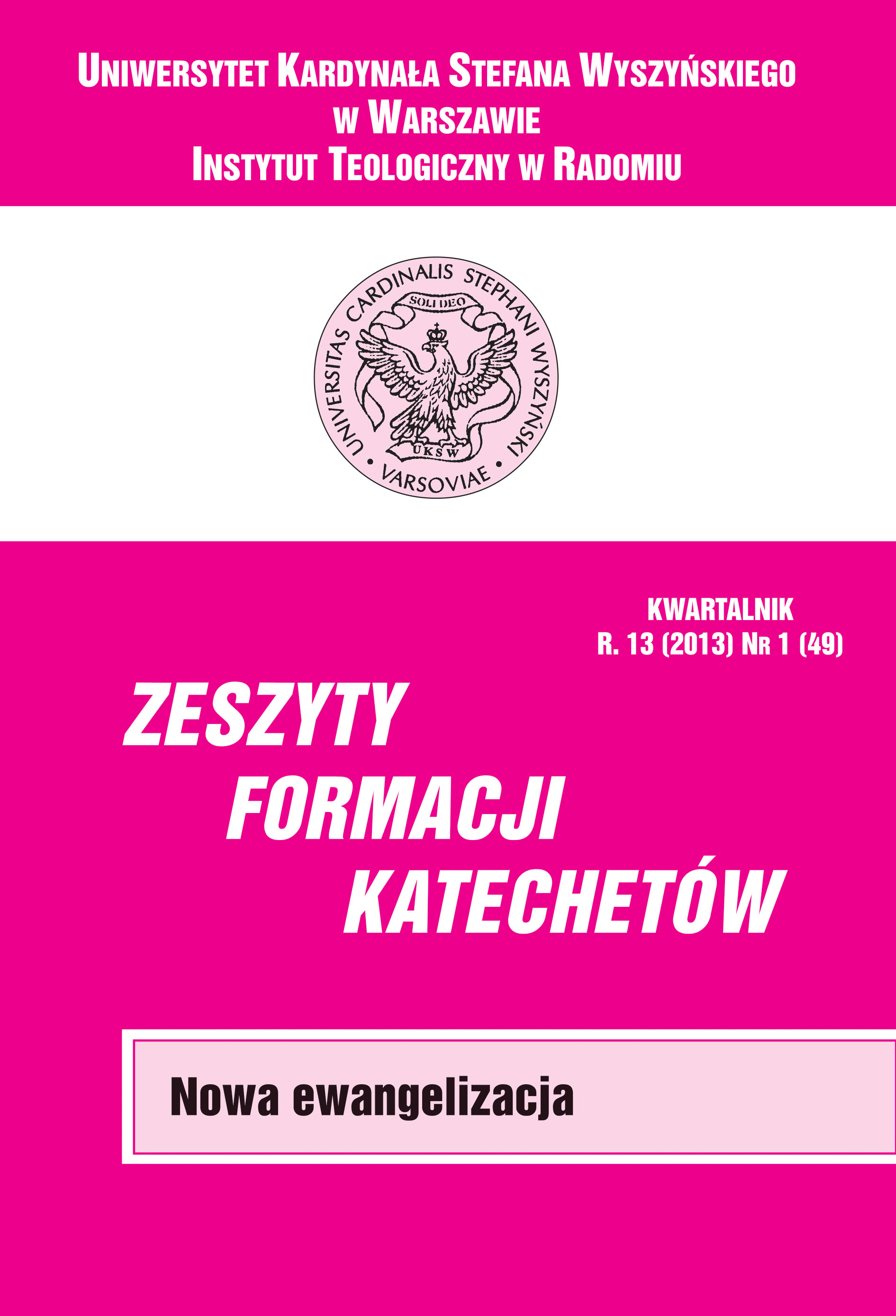Church and youth in postmodernity
Keywords:
youth, churchAbstract
At the beginning of the twenty-first century is dominated by harmful for the development of human culture, known as post-modernism. Postmodernity is characterized by extremerelativism with regard to almost everything, for example in relation to the criteria of physical health (infertility treatment as a manifestation of "reproductive health" and contraceptive as "medicine"!), Mental health, values and moral standards, and even the status and dignity the human person. Postmodernism leads to escape from reality.Characteristic of postmodern society is ambivalent attitude towards thinking and pro-moting selfish individualism, the individual award and the recognition of the absolute value of its subjective beliefs as the only criterion of good and evil. Another dangerous feature of postmodernism to education is hedonism. Postmodernity promotes "freedom," which is based on the illusion that it is possible to create a society in which everyone has the right, and no one has responsibility.
References
Dziewiecki M., Wychowanie w dobie ponowoczesności, Kielce 2002.
Frosini G., Evangelizzare oggi, Bologna 1994, p. 41.
Katechizm Kościoła Katolickiego.
Krűggeler M. (red.), Institution – Organisation –Bewegung. Sozialformen der Religion im Wandel, Opladen 1999.
List Episkopatu Polski przed II Tygodniem Wychowania, 2.09.2012.
Silvestri G., Società complessa e nuove frontiere della profezia critiana, Roma 1996.
Downloads
Published
How to Cite
Issue
Section
License
Copyright (c) 2013 KATECHISTS' PERIODICAL

This work is licensed under a Creative Commons Attribution-NonCommercial-NoDerivatives 4.0 International License.

